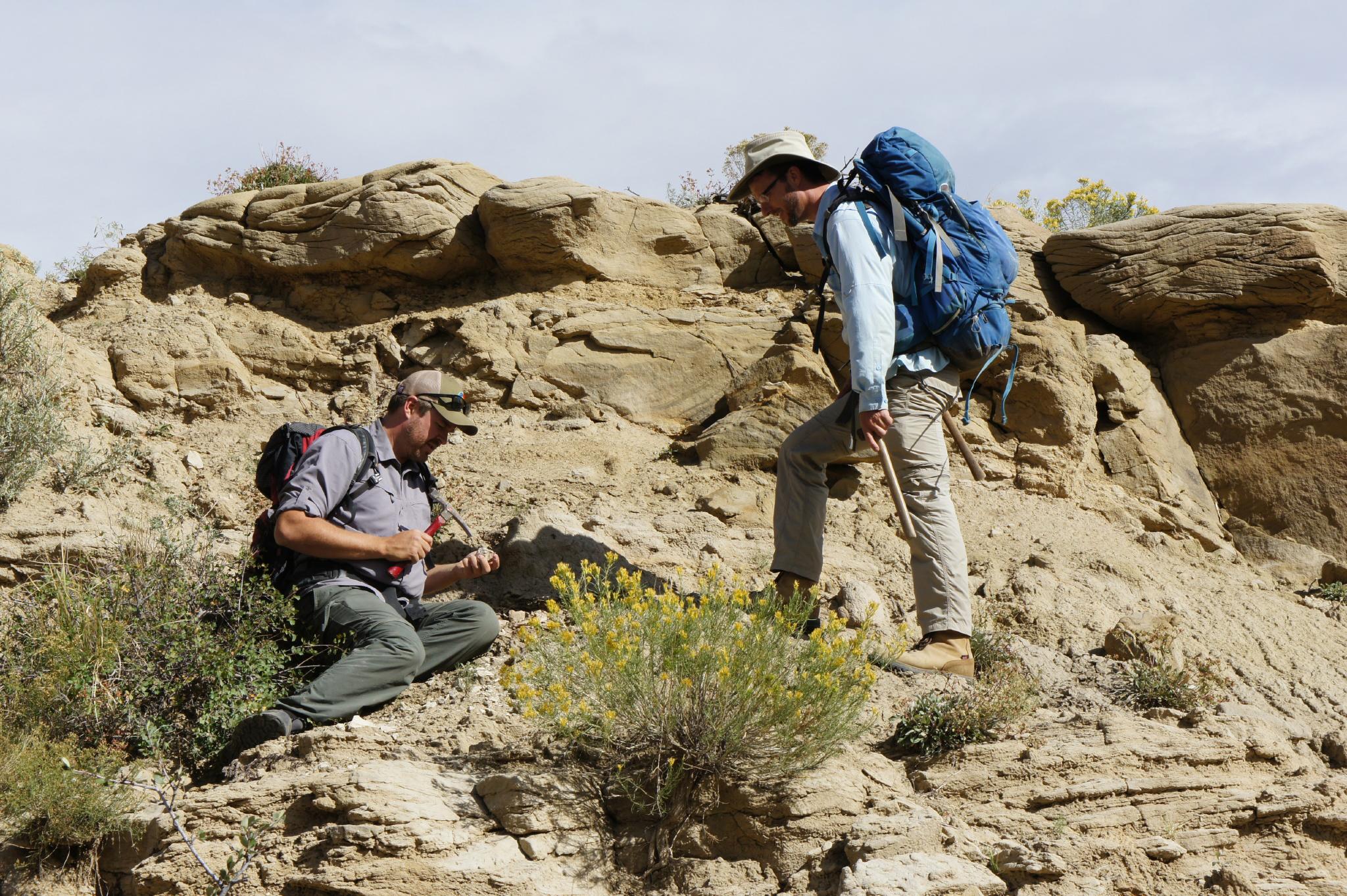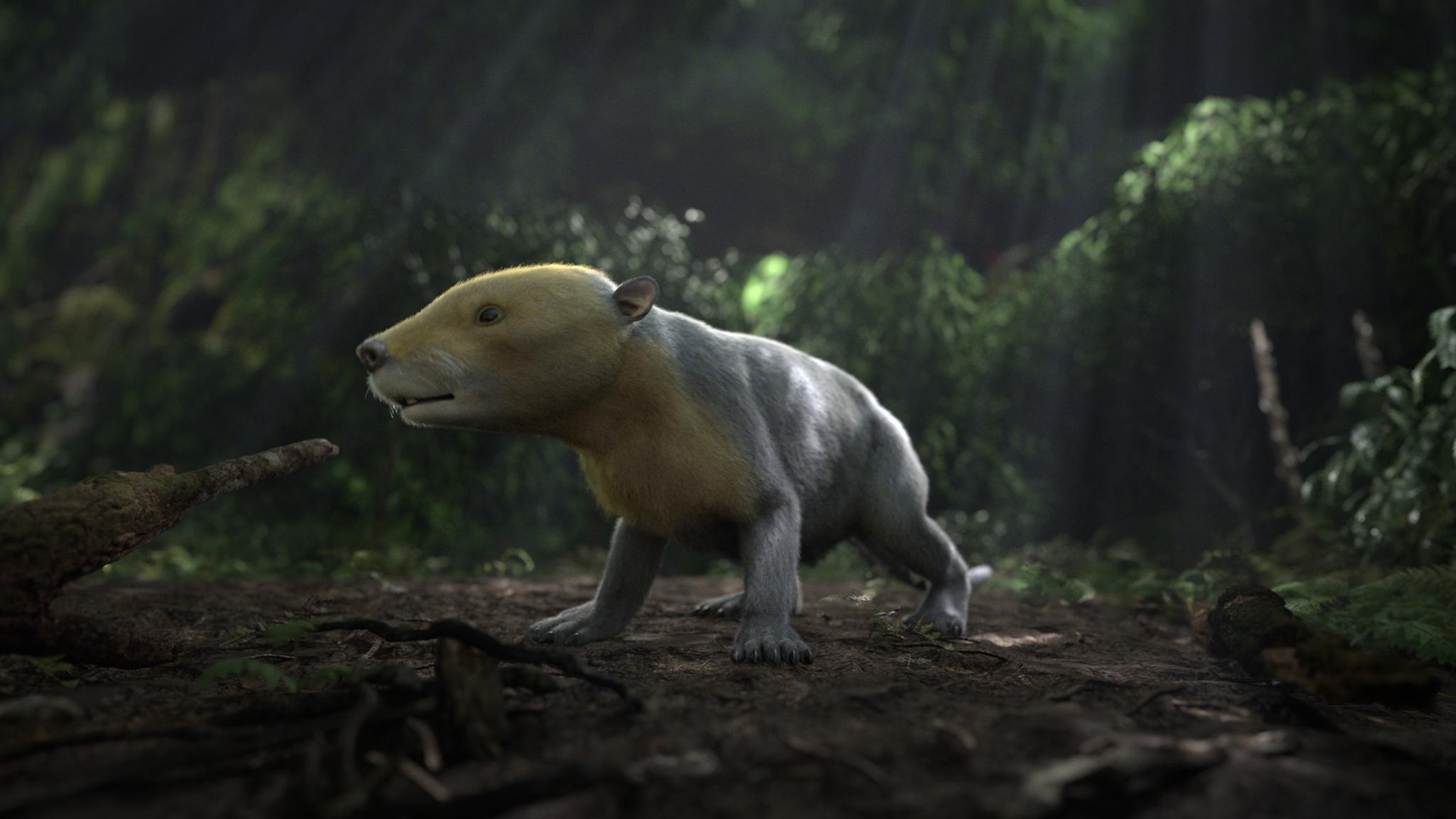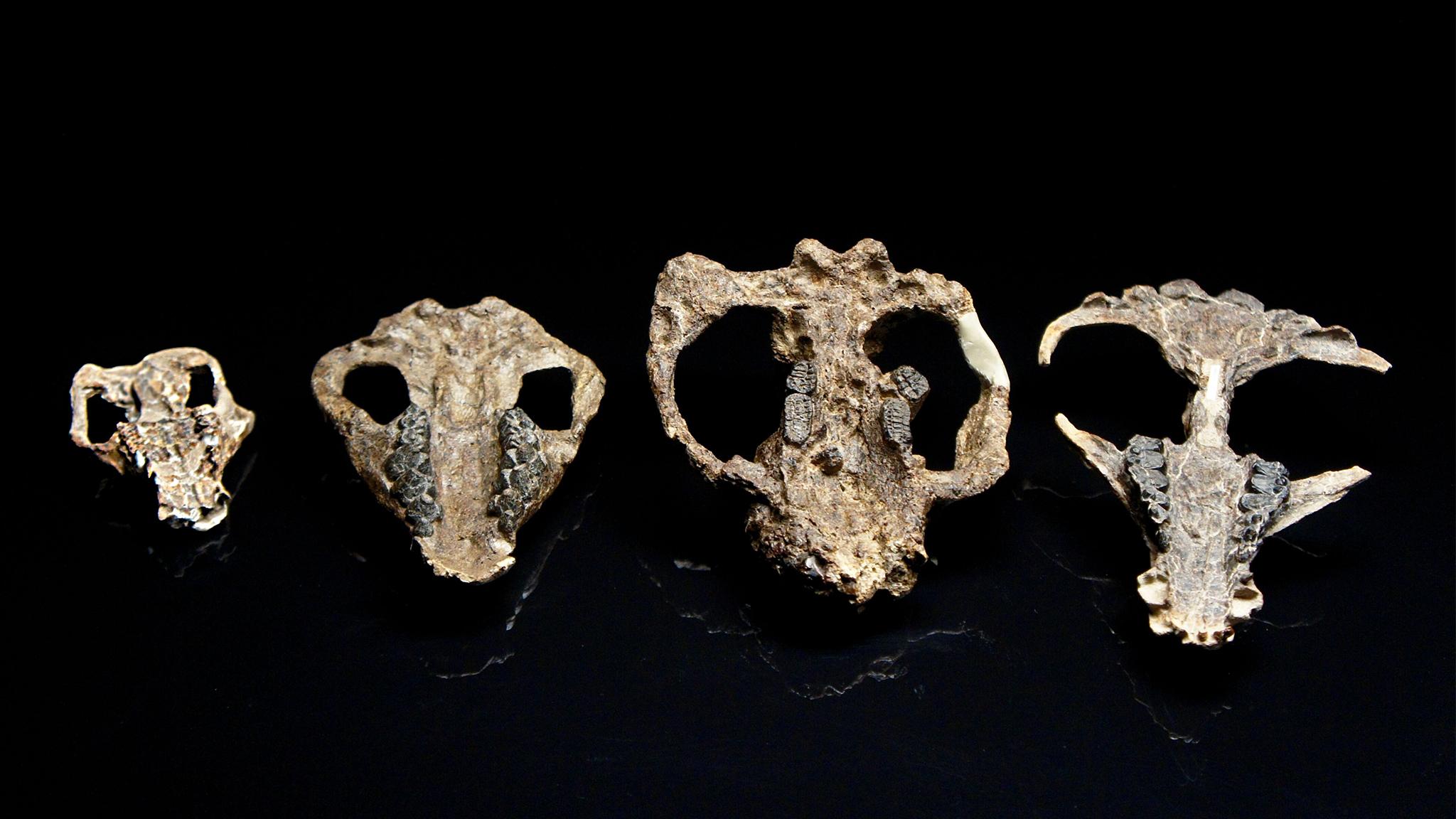The Denver Museum of Nature and Science announced that its scientists unearthed an "extraordinary collection" of fossils near Colorado Springs -- three years ago.
Today, they're making the discovery public, announcing a PBS documentary and opening a new exhibit at their City Park headquarters that features some of the stuff they've dug up.
The cache includes "thousands of exceptionally preserved animal and plant fossils" and dates to the first million years after an asteroid struck the Earth, killed all of the dinosaurs and disrupted ecosystems across the planet. A statement from the museum says the discovery will help scientists better understand how mammals came to dominate those ecosystems in the aftermath.
Maura O'Neal, spokeswoman for the museum, said staying mum on big discoveries like this isn't uncommon. As is the case for other discoveries, scientists often like to wait until a peer-reviewed paper can be published in an academic journal before they make big announcements. This one appears in this week's edition of "Science."
O'Neal said a scientific paper like this would typically take longer than three years to get published.
Also, three years is but a blink of an eye compared to the millions of years these fossils have sat waiting to be unearthed.
The discovery site, Corral Bluffs, is a combination of privately owned land and land owned by the city of Colorado Springs. O'Neal said DMNS researchers have studied the area for decades because it's on the edges of the K-T Boundary, a layer of rock that scientists believe was created during the asteroid's impact, but it wasn't until 2016 that they had the right tools to locate this kind of a motherload.


At least 16 different mammalian species are represented in the new collection. The museum's press release says the discovery paints a picture of how plant and animal species recovering from the asteroid's catastrophic impact were "intricately linked."
In an interview released by the museum, DMNS paleobotanist Ian Miller said the period has long been "shrouded in mystery," but that veil has now begun to be lifted.
PBS NOVA's documentary, "Rise of the Mammals," will air on Oct. 30. The DMNS exhibit, "After the Asteroid: Earth's Comeback Story," opens today.













